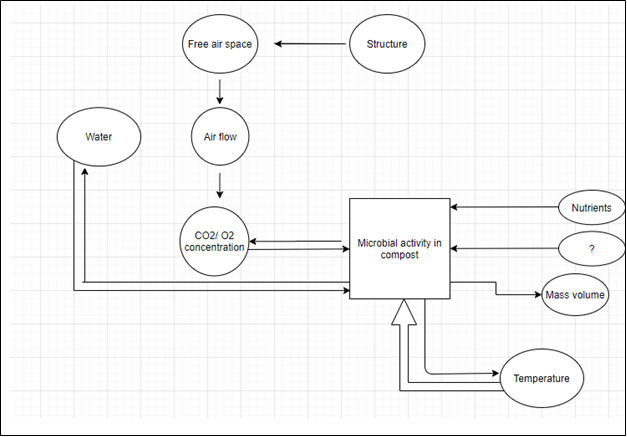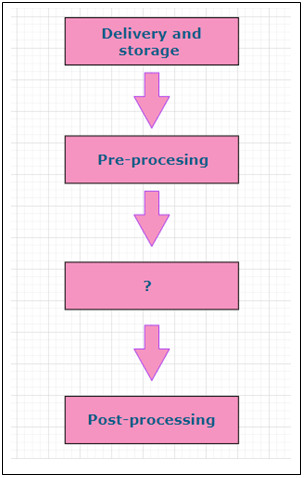Biotechnology for Solid Waste Management MCQs
Welcome to our comprehensive collection of Multiple Choice Questions (MCQs) on Biotechnology for Solid Waste Management, a fundamental topic in the field of Environmental Biotechnology. Whether you're preparing for competitive exams, honing your problem-solving skills, or simply looking to enhance your abilities in this field, our Biotechnology for Solid Waste Management MCQs are designed to help you grasp the core concepts and excel in solving problems.
In this section, you'll find a wide range of Biotechnology for Solid Waste Management mcq questions that explore various aspects of Biotechnology for Solid Waste Management problems. Each MCQ is crafted to challenge your understanding of Biotechnology for Solid Waste Management principles, enabling you to refine your problem-solving techniques. Whether you're a student aiming to ace Environmental Biotechnology tests, a job seeker preparing for interviews, or someone simply interested in sharpening their skills, our Biotechnology for Solid Waste Management MCQs are your pathway to success in mastering this essential Environmental Biotechnology topic.
Note: Each of the following question comes with multiple answer choices. Select the most appropriate option and test your understanding of Biotechnology for Solid Waste Management. You can click on an option to test your knowledge before viewing the solution for a MCQ. Happy learning!
So, are you ready to put your Biotechnology for Solid Waste Management knowledge to the test? Let's get started with our carefully curated MCQs!
Biotechnology for Solid Waste Management MCQs | Page 11 of 11
Discover more Topics under Environmental Biotechnology



